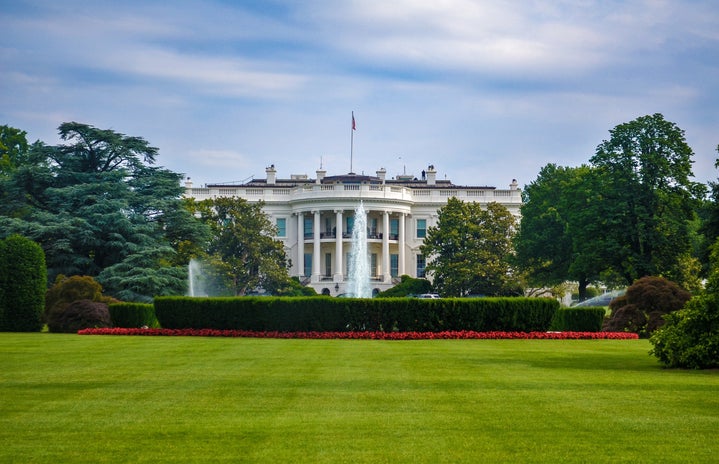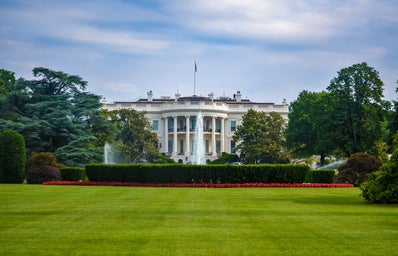On Wednesday, Nov. 13, Congress held its first impeachment inquiry hearings in 20 years.
This is a big deal for a few reasons: Soon, the leaders in the House of Representatives will decide whether to officially vote on impeachment proceedings.
The hearings held over the course of the next few weeks will provide the basis necessary to impeach President Trump for his role in withholding military aid to a vulnerable Ukraine in exchange for politically motivated investigations.
What are these hearings for?
This month’s hearings are essentially five-hour testimonies from anyone the House leadership deems important to the impeachment case.
This month, the House Intelligence Committee is conducting the hearings, so they call specific witnesses each day to answer questions from the members on that committee.
There are closed-door hearings which allow preliminary questioning and allow the witness time to discuss secret or sensitive information out of the public eye.
There are also televised hearings which are for the public to understand the investigation and learn about who and what was involved.
As you can imagine, it’s an intense, detailed, long day of questioning.
How do the hearings work?
In the first week of hearings, acting ambassador to Ukraine Bill Taylor and George Kent, his colleague at the State Department (where our ambassadors and diplomats work) testified to the intelligence committee.
They both gave detailed outlines of the U.S.-Ukraine relationship and its importance in maintaining stability in Europe and preventing Russia from seizing more land like it did in 2014.
Then, fired Ukraine ambassador Marie Yovanovitch gave her testimony about why she believes she was wrongly fired by President Trump because of her fight against corruption.
Then, two lawyers — each appointed by either the Democratic or Republican members of the committee — questioned Taylor and Kent.
During this portion, they explained their experiences of the scandal, including why President Trump’s personal lawyer was involved in sensitive Ukraine policy and how the demand for political investigations in exchange for military aid affected Ukraine’s security in its war with Russia.
The same lawyers questioned Yovanovitch, who offered her testimony on the situation with corruption in Ukraine.
Finally, each member of the committee got five minutes to question the witnesses. Some asked pointed, investigatory questions, while others used their time to make political cases against the impeachment inquiry in general.
Did anything crazy happen?
A few moments stood out: The first is when Bill Taylor, acting Ukraine ambassador, told the committee that a staff member of his had heard European Union ambassador Gordon Sondland on the phone with President Trump.
During this call, President Trump loudly asked about the “investigations,” and when the staff member asked Sondland if Trump cared about Ukraine policy, Sondland admitted that he cared more about the investigations than anything else.
Obviously, this is a concerning thing for U.S. president to admit, as it suggests that Trump only cares about our strategic allies so long as they can do personal favors for him.
This staff member will be testifying to the committee in the weeks to come.
In the second day of testimony, while former ambassador to Ukraine Marie Yovanovitch testified, President Trump began tweeting personal and derogatory attacks on her.
The tweets suggested Yovanovitch was a terrible ambassador who had made the countries she worked in “turn bad.”
Some members of the committee stated that they could consider the angry tweets a form of witness tampering.
What’s next?
The hearings will continue through the next few weeks, likely culminating with an official vote on starting impeachment proceedings.
The next round of witnesses include the staff member mentioned in Bill Taylor’s testimony, European Union ambassador Gordon Sondland, Lt. Col. Alexander Vindman — a member of the White House National Security Council — and several other experts in Ukraine policy, witnesses to the original phone call to Ukraine’s president and participants in the scandal.


